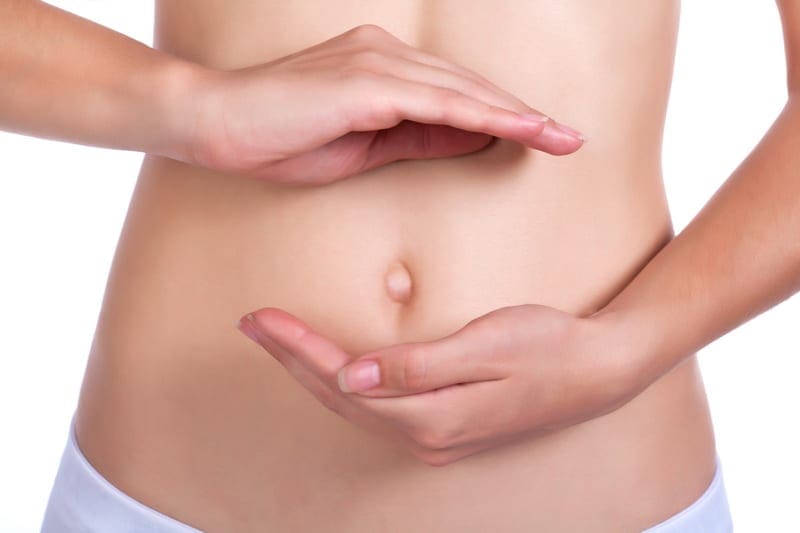Headaches during pregnancy are unfortunately quite common, especially during the first and third trimesters. However, doctors assure that this is rarely a sign of a more serious problem. The exact cause of headaches during pregnancy is currently unknown according to experts.
In the first trimester, headaches might occur because of the hormone changes a person experiences. However, in the third trimester, headaches can be felt because of the additional weight being carried and changes to posture.
In addition to these, experts suspect that other factors such as eating cold foods, added caffeine intake, sleeplessness, general fatigue, sinus congestion, allergies, eyestrain, stress, depression, hunger, and even dehydration may play a role.
Headaches are unfortunately a common symptom during pregnancy, with migraines being the most common type. These occur when the blood vessels in the brain constrict and dilate. While migraines can occur at any time in a person’s life, they seem to be especially common during pregnancy, with experts estimating that about one in every five women experience them at least once. For some women, migraines may even be a new symptom that they experience for the first time when they become pregnant.
Pregnant women who suffer from migraines know that the pain can be severe, accompanied by vomiting and dizziness. Although headaches during pregnancy are normal, you don’t have to suffer if you can’t tolerate the pain. The most common way to relieve a headache during pregnancy is to take pain medication.
If you’re pregnant and experiencing pain, it’s important to consult your doctor about which medication is safest for you to take. Acetaminophen is generally considered safe, but other painkillers like aspirin, ibuprofen, and most prescription headache medicines are restricted. Make sure you get the all-clear from your physician before taking any medication.
Taking prescription medication is not the only way to relieve headaches during pregnancy. Here are some other methods:
1. Throbbing pain during pregnancy can be caused by a lot of things, but stress is actually one of the most common factors. To help get rid of or avoid headaches, it’s important to first identify and accept the reasons you might be stressed out. Once you know what those reasons are, try to find ways to either eliminate them or at least minimize their impact. In addition to identifying and reducing stressors, you can help keep headaches at bay by regularly eating and drinking, as well as getting plenty of rest and exercise when you can.
There are a few things you can do to try and reduce the amount of headaches you get. First, make sure you’re getting enough rest. Second, try to relax with activities like meditation, listening to music, or writing. Third, avoid consuming products that are known to cause headaches like alcohol, MSG, artificial sweeteners, aged cheese, and cultured dairy products. Finally, try to stay away from people who are stressful and always keep the communication lines between you and your partner open.
2. If you’re looking for some pain relief, you might want to try using compresses By applying a warm or cool compress to your forehead or the base of your neck, you can help ease the pain associated with migraines.
3. If you’re looking for a way to ease the pain of a headache, one method is to take a shower. The cold water can help constrict dilated blood vessels in the body. If you can’t shower, then at least splash some cool water on your face.
4. A massage can be a really great way to relax and soothe your muscles, especially during pregnancy when you might be carrying extra tension around. Be sure to find a trained professional who can help work out the knots in your neck, shoulders, and back. You’ll likely feel a lot better and less stressed afterwards.
5. It’s important to take care of your hunger and thirst while you’re working. Not eating or drinking can lead to low blood sugar, which often causes headaches. So make sure to have snacks and drinks on hand to keep your energy levels up. And drink plenty of water throughout the day to stay hydrated.











